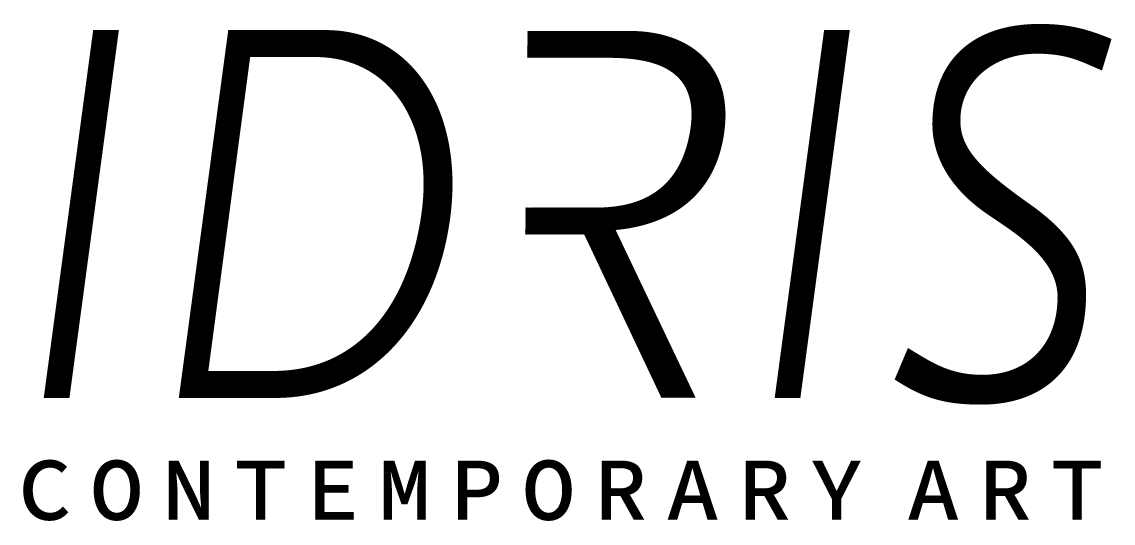In Her Place
Tigist Yoseph Ron and Mimi Tasama Sibaho | The Jaffa Museum
In the exhibition "In Her Place", the connection between national identity and motherhood is explored through personal and communal perspectives. The exhibition features works by artists Yoseph Ron and Sibaho, who draw inspiration from their personal familiar environment and the shared experiences of Ethiopian Jews. The exhibition includes black and white portraits, textiles, and site-specific installations that challenge traditional expectations and explore themes of loss, legacy, and identity. The use of black and white creates a balance between the past and present, and the construction of a feminine identity rooted in its origins.
As visitors enter the exhibition space, they are greeted by a sound intervention featuring a young female voice reading the poem "The Confessions of a Potter (Tatey)." This dramatic sequence shifts from narrative to monologue, imbued with rhetorical questions of time, creativity, and legacy. The voice is inevitably covered by the sounds of visitors, but rather than being an interference, it serves as a welcomed figurative meeting between the audience and the poet, between times and spaces. This serves as a blunt expression of approval for intergenerational continuity, as the poem is based on the artist Yoseph Ron's grandmother, written by her brother, and performed by her daughter. Yoseph Ron’s black and white portraits of female relatives confront the viewer. The direct look reinforces the audience's own awareness of physical presence while creating a sense of alienation and discomfort. At the same time, the expressions of these women invoke respect and admiration, providing a reflection of the way the artist experiences their look and drawing the viewer closer to her world. Sibaho’s work also challenges traditional expectations. Ethiopian textiles are known for their white and bright colorful patterns, but Sibaho produces black fabric with simple linear patterns. These fabrics serve as both anonymous and personal symbols, merging the national textile tradition with the artist’s personal experience of loss. Similarly, her reproduction of a traditional Ethiopian basket, the mesob, is enlarged, blackened, and displaced, emptied of its purpose. In addition, in a site-specific installation on the wall of the gallery, the artist encloses hair-extensions in a hexagonal wooden structure. Black hair is charged with symbolic meaning and at the center of beauty-standard contentions, here it is confined and prevented from fluttering naturally and spontaneously.
Full exhibition text: ⤋ English

Installation View

Installation View

Tigist Yoseph Ron, Self Portrait
Self Portrait, 2018, charcoal on paper, 100x70cm

Mimi Tasama Sibaho, Mesob
Mesob, 2018, wool and plastic, variable sizes

Tigist Yoseph Ron, Fray
Fray, 2018, charcoal on paper, 100x70cm

Tigist Yoseph Ron, Roni
Roni, 2018, charcoal on paper, 100x70cm

Tigist Yoseph Ron, Batya
Batya, 2018, charcoal on paper, 100x70cm

Tigist Yoseph Ron, Hirut
Hirut, 2018, charcoal on paper, 100x70cm

Mimi Tasama Sibaho, Hair Extension
Hair Extension, 2018, mixed media, 118x138cm

Mimi Tasama Sibaho, Black Embroidery #2
Black Embroidery #2, 2018, fabric and wood, 120x124cm

